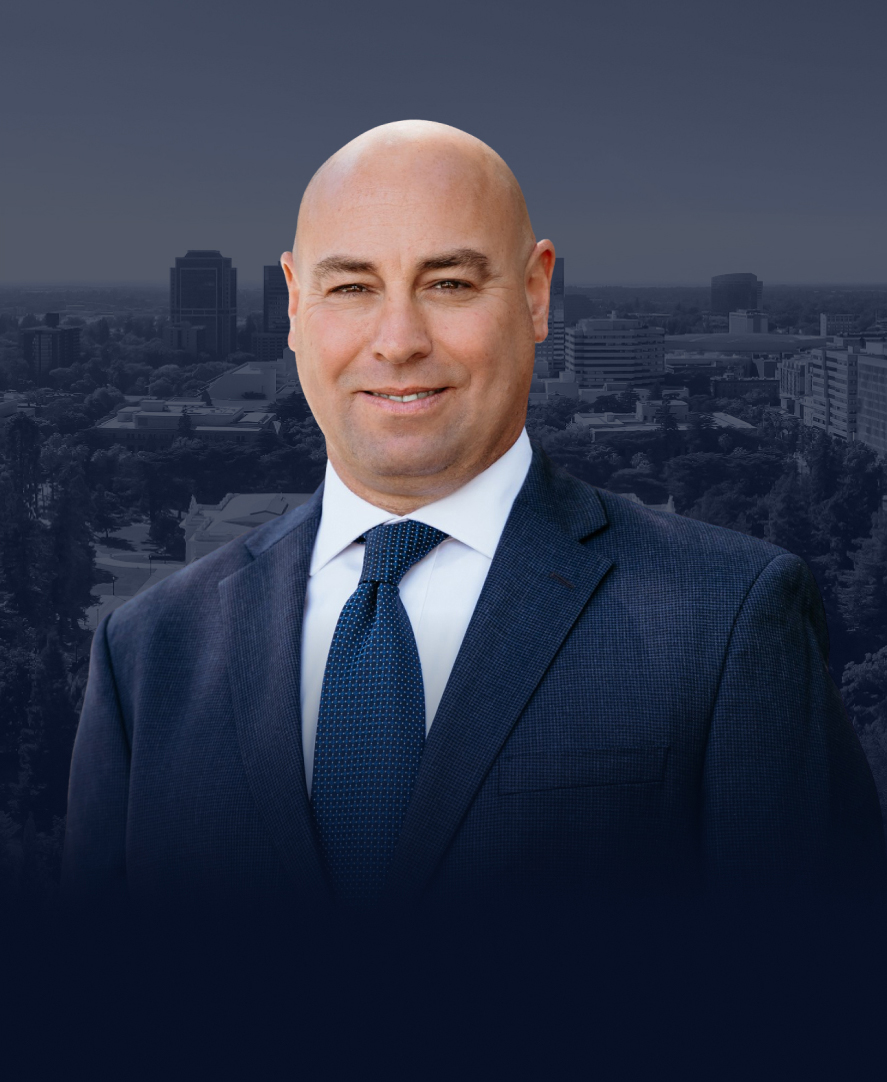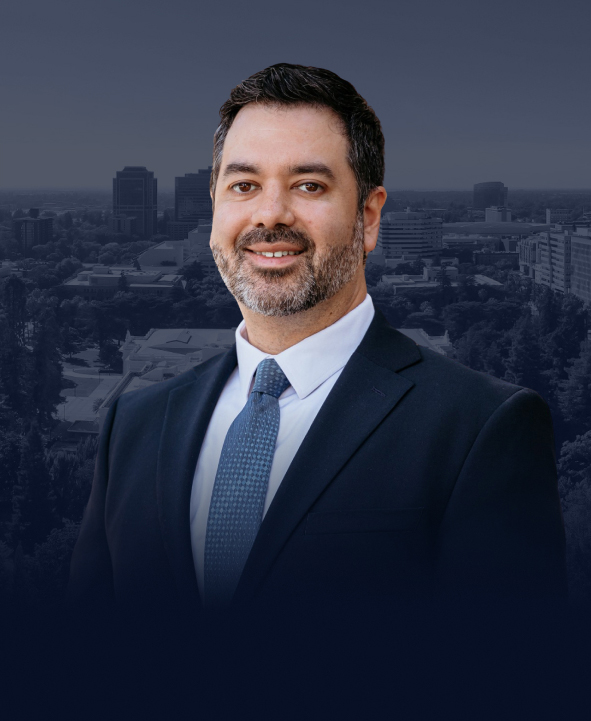The Troubling Case of the California Twins
When California mom Retta Beery‘s twins were about two years old, they struggled to move about in a normal fashion. It was also difficult for them to keep food down and they cried inconsolably. As an attentive wife and mother, Mrs. Beery sought out the best doctors and treatments for her children. One doctor finally diagnosed the twins with cerebral palsy, a movement disorder that frequently involves pre-birth brain developmental issues.
As the children grew older, they continued to receive a variety of therapies. However, when Alexis turned five years old, her condition clearly worsened and she started to decline rapidly. Fortunately, Mrs. Beery continued her personal research and came across an older article about dopa-responsive dystonia.
Acting upon her strongly observant skills and intuition, Retta Beery just knew that cerebral palsy couldn’t explain all of her twins’ unusual symptoms. Soon, she and her husband found a doctor in another state who was willing to consult on the case. His decision to treat the then six-year-old twins Alexis and Noah with small doses of Levodopa (L-Dopa), a drug often used to treat Parkinson’s patients, provided remarkable results. The twins began functioning much more normally and were soon able to move forward in their young lives.
Critical New Answers Needed When the Twins Became Teenagers
Nevertheless, as a young teenager, Alexis, developed such serious nighttime coughing that she developed acute breathing problems on at least two occasions. Fortunately, paramedics were able to help the young girl. However, these events made it clear that the family’s medical mysteries were becoming much more complex.
Soon, the Beery family decided that the twins might greatly benefit from having their DNA checked out more thoroughly. They did all they could to obtain whole genome-sequencing for the twins. In January of 2011, the family received some crucial answers to many of their questions when Houston’s Baylor College of Medicine completed whole-genome sequencing for the Beery family.
In a nutshell, gene mutations were found that clearly indicated that the teens suffered from both dopamine and serotonin deficiencies. This latter neurotransmitter problem was addressed by placing the twins on a supplement known as 5-HTP. Both twins are now fully pursuing sports and other exciting teenage activities.
What This Successful Genome Sequencing Means for the Rest of Us
According to both those who directly consulted on the twins’ case and others, this example of genome mapping moves all of us that much closer to the day when a far more customized form of medicine will be available to treat our illnesses. In fact, new prescriptions can then be configured once our various genetic-based illnesses are better understood, which can decrease the amount of defective drug treatment.
Current Treatment Costs
Although the costs of genome-mapping (or sequencing) remain rather prohibitive, researchers believe that as patients and their doctors begin requesting it more often, the prices will drop even further. According to one recent Associated Press article, “The first draft of a human genome in 2000 cost about three billion dollars and a decade of government research.” Today, according to Dr. Francis Collins of the National Institutes of Health, a person might have to pay about $8,000 for their own genome sequencing, assuming that it doesn’t turn out to be unusually complicated. Fortunately, some experts think this price may even drop below $1,000 within the next few years.
Lingering Privacy and Ethical Issues May Loom Large
Although many of us stand to benefit from these lower prices in the future, privacy issues surrounding genome sequencing may loom large, particularly since American health insurance companies usually only reward those with the fewest known illnesses with coverage and the lowest premiums. HIPPA, the Health Insurance Portability and Accountability Act, may even require stricter guidelines to protect individuals from medical information requests (for copies of genome sequencing) from potential insurers and employers. It will be interesting to watch how the insurance industry will go about trying to obtain this type of information from those seeking coverage in the future.
Human Rights Questions and Genome Sequencing
Science fiction movie fans have already gained a glimpse of a world ruled by those with “superior” genetic codes in the rather popular 1997 film, Gattaca. In that film, Ethan Hawke plays a young man in a future society that relegates “genetically inferior” citizens to less meaningful professions. In spite of that unwritten rule, Hawke tries to pursue his dream job in a somewhat clever yet convoluted manner. It’s definitely a film worth watching, especially by people living in countries without universal healthcare coverage.
Demas Law Group, P.C., remains one of Sacramento’s most highly respected and accomplished personal injury law firms. We’ve been successfully representing clients for almost twenty years. Every Demas Law Group attorney takes great pride in obtaining the full compensation and complete justice owed to every client.
Elizabeth Smith, J.D., M.A., is a freelance writer who has successfully written about general health, safety, legal, medical, consumer and business topics for over twenty years. She has also served as the author and co-author of two professional legal texts.














